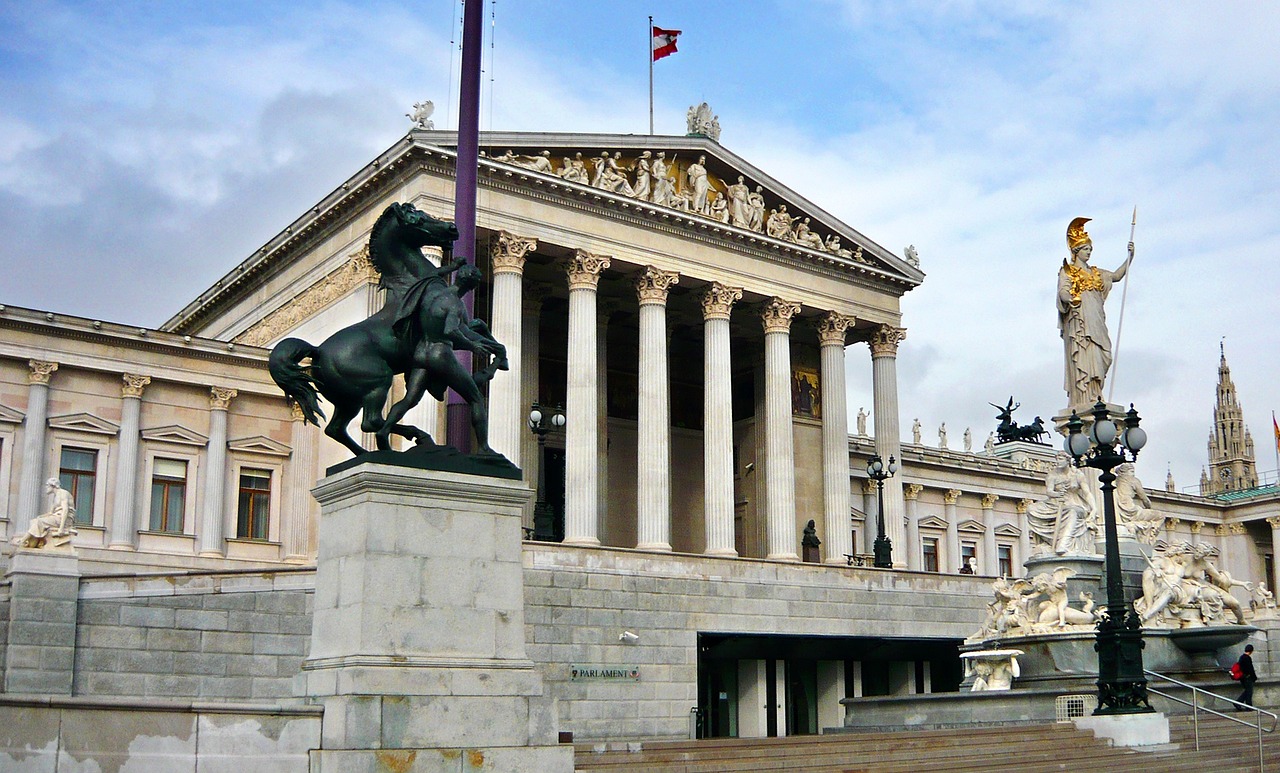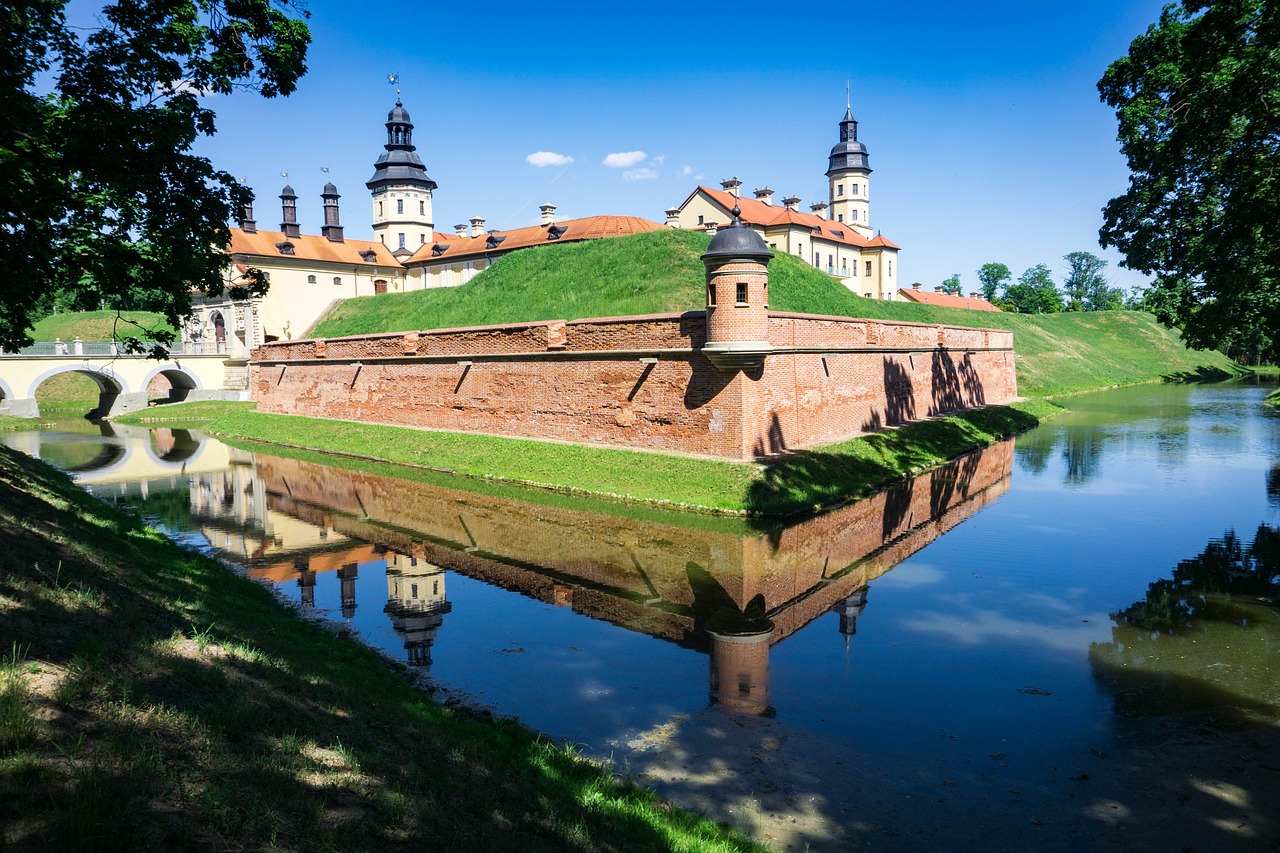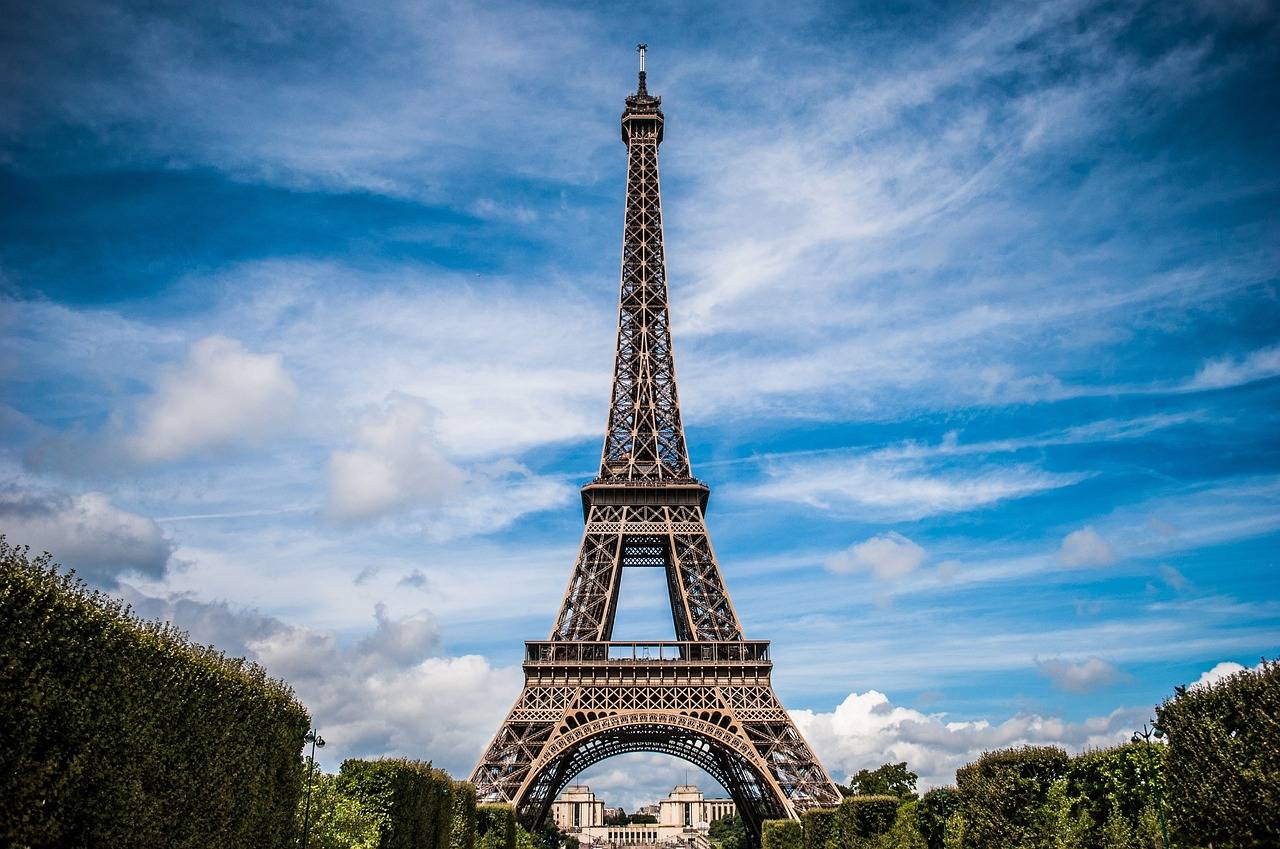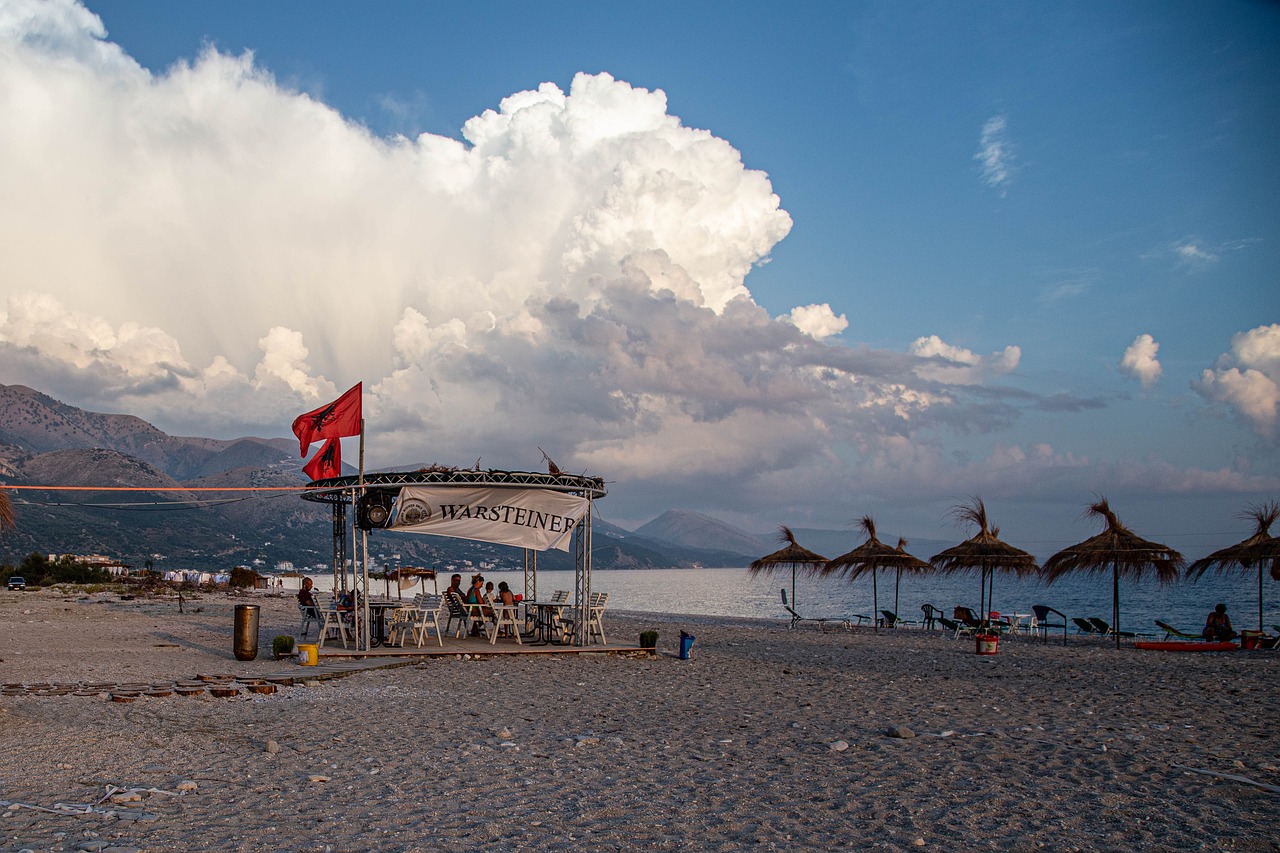30 Facts About Austria
Austria, nestled in the heart of Europe, is a country renowned for its breathtaking landscapes, rich cultural heritage, and contributions to music and art. From its historic cities to its majestic Alpine peaks, Austria offers a captivating blend of history, natural beauty, and artistic brilliance. In this article, we will uncover 30 fascinating facts about Austria that showcase the allure and cultural richness of this captivating country.
1. The Capital City: Vienna
Vienna, the capital city of Austria, is a cultural powerhouse and often referred to as the “City of Music.” It has been home to legendary composers such as Mozart, Beethoven, and Strauss, and is renowned for its imperial palaces, grand architecture, and vibrant arts scene.
2. The Majestic Alps
Austria is blessed with the stunning beauty of the Alps, a mountain range that covers a significant portion of the country. The Austrian Alps offer breathtaking landscapes, world-class ski resorts, and opportunities for outdoor activities such as hiking, mountaineering, and snowboarding.
3. The Iconic Habsburg Dynasty
Austria was once ruled by the powerful Habsburg dynasty, one of the most influential royal families in European history. The Habsburgs shaped Austria’s cultural heritage, commissioned magnificent palaces, and left behind a rich legacy that can still be seen today.
4. The Timeless Charm of Salzburg
The city of Salzburg, birthplace of Wolfgang Amadeus Mozart, is a UNESCO World Heritage site and a haven for music enthusiasts. Its baroque architecture, picturesque Old Town, and the iconic Hohensalzburg Fortress make it a must-visit destination.
5. The Opulent Schönbrunn Palace
Schönbrunn Palace, located in Vienna, is a masterpiece of baroque architecture and a UNESCO World Heritage site. With its stunning gardens, intricate interiors, and historical significance, it stands as a symbol of Austria’s imperial grandeur.
6. The Musical Legacy
Austria’s musical heritage is legendary. The country has produced some of the world’s greatest composers and musicians, including Mozart, Haydn, Schubert, and Mahler. The Vienna Philharmonic Orchestra is internationally renowned, and music remains an integral part of Austrian culture.
7. The Vienna State Opera
The Vienna State Opera is one of the world’s leading opera houses, known for its exceptional performances and stunning architecture. It hosts renowned opera and ballet productions, attracting opera enthusiasts from around the globe.
8. The Alpine Skiing Tradition
Austria is a paradise for winter sports enthusiasts. Its Alpine ski resorts, such as Kitzbühel, St. Anton, and Zell am See, offer world-class skiing opportunities, challenging slopes, and breathtaking mountain scenery.
9. The Vienna Coffee House Culture
Vienna’s coffee house culture is a cherished tradition that dates back centuries. Viennese coffee houses are renowned for their elegant ambiance, wide variety of coffee specialties, and the opportunity to enjoy pastries and engage in intellectual conversations.
10. The Vienna Boys’ Choir
The Vienna Boys’ Choir, established over 500 years ago, is one of the world’s most famous and oldest boy choirs. Their angelic voices and musical talent have captivated audiences across the globe.
11. The UNESCO-Listed Historic Center of Graz
Graz, Austria’s second-largest city, boasts a beautifully preserved historic center that is recognized as a UNESCO World Heritage site. Its medieval architecture, charming squares, and vibrant cultural scene make it a delightful destination for visitors.
12. The Birthplace of Freud
Sigmund Freud, the father of psychoanalysis, was born in the Austrian town of Freiberg, now known as Příbor in the Czech Republic. His groundbreaking theories and insights revolutionized the field of psychology.
13. The Danube River
The Danube River, Europe’s second-longest river, flows through Austria, offering picturesque landscapes and opportunities for river cruises, cycling along its banks, and exploring charming towns like Melk and Dürnstein.
14. The Lipizzaner Horses of the Spanish Riding School
The Spanish Riding School in Vienna is renowned for its classical dressage performances and its famous Lipizzaner horses. These graceful white horses are bred and trained at the school, carrying on a centuries-old equestrian tradition.
15. The World’s Oldest Zoo: Tiergarten Schönbrunn
Tiergarten Schönbrunn, located in Vienna, is the oldest zoo in the world. It opened its doors in 1752 and continues to be a popular attraction, housing a diverse range of animals and promoting conservation efforts.
16. The Beautiful Lake District: Salzkammergut
The Salzkammergut region, located in Upper Austria, is known for its stunning lakes, including Wolfgangsee, Hallstätter See, and Traunsee. This picturesque area offers opportunities for boating, hiking, and immersing oneself in serene natural beauty.
17. The Melk Abbey
The Melk Abbey, situated above the town of Melk, is a masterpiece of baroque architecture. Its magnificent golden dome, stunning frescoes, and extensive library make it a significant cultural and spiritual landmark.
18. The Swarovski Crystal Worlds
The Swarovski Crystal Worlds in Wattens is a unique attraction that showcases the artistry and beauty of crystals. Visitors can explore the enchanting chambers, art installations, and the dazzling Crystal Dome.
19. The Wiener Schnitzel and Apfelstrudel
Austria is famous for its culinary delights. The Wiener Schnitzel, a breaded and fried veal cutlet, is a beloved national dish. And no visit to Austria is complete without trying the delicious Apfelstrudel, a traditional apple pastry.
20. The Easter Markets
Austria’s Easter Markets, particularly the ones in Vienna, are a delightful tradition. These markets offer a festive atmosphere, vibrant decorations, and a variety of crafts, sweets, and traditional Easter eggs.
21. The Summer Music Festivals
Austria is renowned for its summer music festivals, including the Salzburg Festival, Bregenz Festival, and Innsbruck Festival of Early Music. These events attract world-class musicians, opera performances, and classical music enthusiasts from around the globe.
22. The Ice Caves of Eisriesenwelt
Eisriesenwelt, located in Werfen, is the largest ice cave in the world. Visitors can explore its breathtaking icy formations, underground passages, and marvel at the natural beauty hidden within the mountains.
23. The Wachau Valley
The Wachau Valley, a UNESCO World Heritage site, is a scenic region along the Danube River. It is renowned for its picturesque vineyards, charming villages, and historic monasteries.
24. The Vienna Woods
The Vienna Woods, located on the outskirts of Vienna, offer a peaceful retreat from the bustling city. It is a haven for hikers, nature lovers, and those seeking tranquility in lush green surroundings.
25. The Ötzi, the Iceman
The Ötzi, also known as the Iceman, is a well-preserved natural mummy dating back over 5,000 years. Discovered in the Ötztal Alps on the border between Austria and Italy, Ötzi provides valuable insights into ancient human history.
26. The Baroque Splendor of Belvedere Palace
The Belvedere Palace in Vienna is a masterpiece of baroque architecture and a significant cultural landmark. Its stunning gardens, opulent interiors, and world-class art collection, including Gustav Klimt’s “The Kiss,” attract art enthusiasts from around the world.
27. The Christmas Markets
Austria’s Christmas Markets, particularly those in Vienna and Salzburg, are a cherished tradition. These markets evoke a magical atmosphere with their festive decorations, delightful treats, and unique handcrafted gifts.
28. The Graz Clock Tower
The Graz Clock Tower, locally known as the Uhrturm, is an iconic landmark in Graz. This medieval clock tower offers panoramic views of the city and is a symbol of Graz’s rich history.
29. The St. Stephen’s Cathedral
St. Stephen’s Cathedral, located in the heart of Vienna, is a majestic Gothic masterpiece and a prominent symbol of the city. Its intricately designed roof, stunning stained glass windows, and the Pummerin bell make it a must-visit attraction.
30. The Warmth and Gemütlichkeit of Austrian Hospitality
Above all, Austria is known for its warm hospitality and the concept of “Gemütlichkeit,” which roughly translates to coziness, conviviality, and a sense of well-being. Austrians take pride in welcoming visitors and sharing their rich culture and traditions.
In conclusion, Austria is a country that seamlessly blends natural beauty, artistic brilliance, and a deep-rooted cultural heritage. From its vibrant cities and majestic mountains to its musical heritage and culinary delights, Austria invites travelers to immerse themselves in its enchanting charm and experience its unique offerings.
Author Profile
- Welcome to my world facts blog! I'm Jay Steph, and I'm here to explore the captivating wonders of our planet. With a thirst for knowledge and a passion for exploration, I unravel fascinating insights about cultures and history. Join me on this awe-inspiring journey as we uncover hidden treasures together. Let's dive into the world of world facts and embark on an incredible adventure!
Latest entries
 AsiaJuly 31, 202330 Facts About Bangladesh
AsiaJuly 31, 202330 Facts About Bangladesh AfricaJuly 31, 202330 Facts About Burkina Faso
AfricaJuly 31, 202330 Facts About Burkina Faso AustraliaJuly 25, 202330 Facts about the Marshall Islands
AustraliaJuly 25, 202330 Facts about the Marshall Islands South AmericaJuly 25, 202330 Facts About Chile
South AmericaJuly 25, 202330 Facts About Chile



